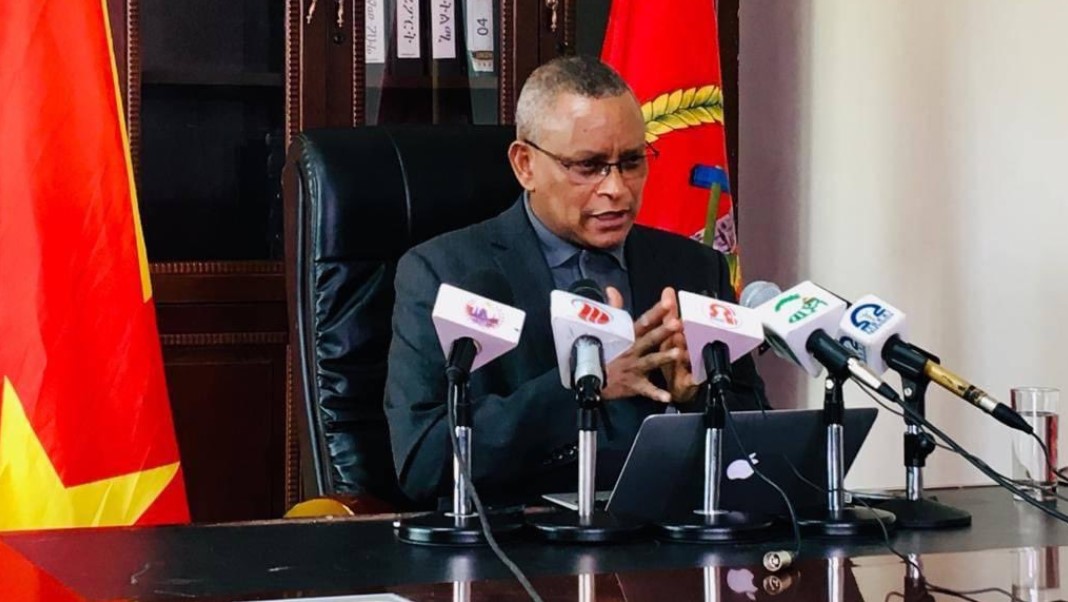NIS boss Haji says AI and social media being weaponised to destabilise Kenya

Noordin emphasised the need for Kenya to develop strong policies to address cyberspace vulnerabilities.
The National Intelligence Service (NIS) Director-General Noordin Haji has warned that malicious actors, both domestic and foreign, are weaponising social media and artificial intelligence (AI) to destabilise the country.
Haji identified disinformation and misinformation as growing threats to national security, calling for urgent measures to counter their spread.
More To Read
- Google Maps enters AI era with realtime lane guidance feature
- Fact Check: How fake content about the Sudan war spreads
- Kenya leads Africa in AI adoption and data privacy - report
- OpenAI denies ban on legal and medical topics in ChatGPT
- Creativity is good for the brain and might even slow down its ageing - study
- Grammarly rebrands as Superhuman in major AI productivity shift
“While access to information remains the cornerstone of democratic governance, socioeconomic stability, and interstate relations, propagation of disinformation and misinformation continues to threaten these ideals,” Noordin said while speaking during a symposium organised by the National Intelligence Research University (Niru).
He linked the spread of false information to the June 2024 Gen Z protests, which initially began as demonstrations against proposed tax laws but, according to government officials, were infiltrated by political elements seeking to undermine the Kenya Kwanza administration.
“The recent developments, particularly Gen Z protests, demonstrated the destabilising effects of digital activism, which tested our political, economic and security resilience,” he said.
The protests forced President William Ruto to dissolve his Cabinet and reject the Finance Bill of 2024. However, security agencies were later accused of targeting online government critics, with some individuals allegedly abducted, arrested or charged with cyber-related offences.
The symposium, themed “Towards resilient information ecosystems: Combating disinformation and misinformation for democracy and national security”, focused on strategies to counter false information while safeguarding fundamental freedoms.
Noordin emphasised the need for Kenya to develop strong policies to address cyberspace vulnerabilities, warning that the rise of digital platforms and AI has enhanced the speed, scale and precision of disinformation tactics.
“Building robust information ecosystems is not just aspirational, it is a pressing call to action,” he said.
“Niru is strategically positioned to advance academic knowledge and create an interface for security practitioners and technology experts.”
He stressed that combating disinformation requires a coordinated approach to protect national stability while ensuring the country remains committed to democratic principles.
Top Stories Today













































